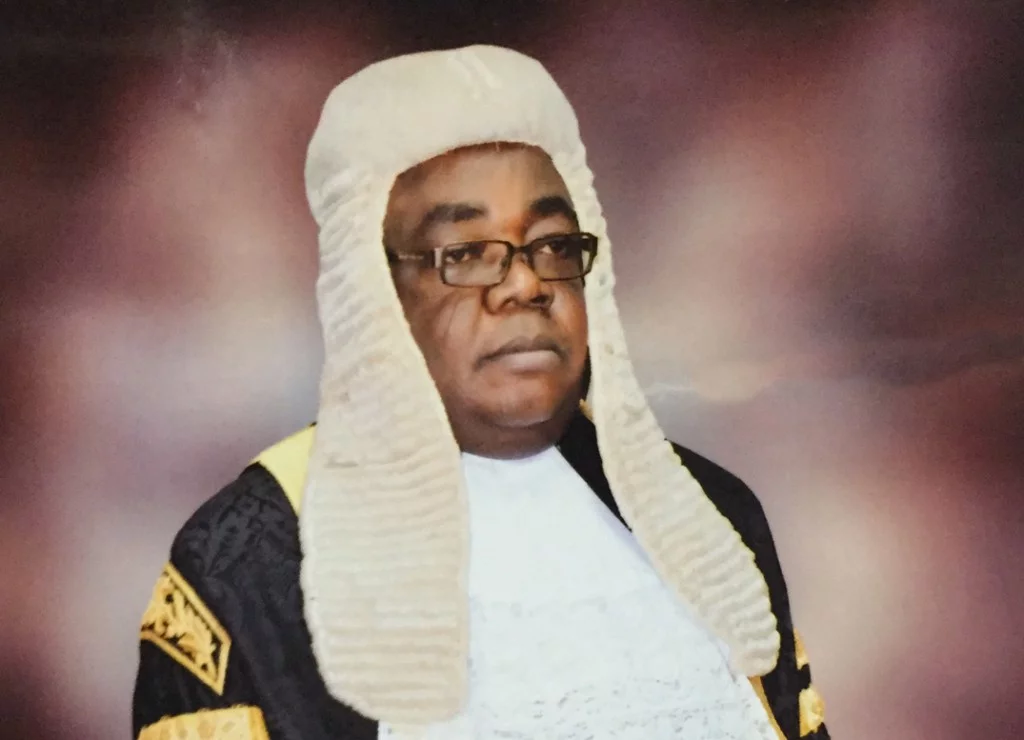A Presidential Election Petition Tribunal (PEPC) sitting in Abuja has taken the first major step in the petition filed by the Peoples Democratic Party Candidate, Alhaji Atiku Abubakar.
Atiku Abubakar, Presidential flagbearer of PDP had filed a petition challenging the declaration of President Bola Tinubu as winner of the February 25 2023 presidential election.
ENigeria Newspaper reports that Atiku and his party the PDP in their petition had alleged that the Independent National Electoral Commission (INEC) rigged the election in favour of Tinubu and the All Progressives Congress (APC).
The petition also contains allegations that Tinubu was unqualified to contest the 2023 Presidential Election following his alleged indictment for drug trafficking in the United States, along with alleged forgery of his academic certificates submitted to the Independent National Electoral Commission (INEC) and lastly his citizenship of Guinea
They are therefore asking the court to void Tinubu’s election, declare Atiku winner, or order a fresh election.
The petitioners closed their case on June 23 after calling 27 witnesses. The court had then directed parties in the petition to write, file, and exchange their final written addresses.
At the resumed session on Tuesday, parties in the suit adopted their final addresses which summarize all the evidence tendered before the court.
The tribunal, after hearing arguments from both sides, reserved judgment to a date to be communicated to the parties in the case.
The term reserving judgment means to postpone making a judgment or decision on a matter before the court until key considerations of issues raised are resolved by the judges.
It indicates that all relevant information, written submissions (pleadings), written and oral evidence, and arguments on behalf of all necessary and proper parties have been presented before the court. All that is left is for the court to consider all of this information and evidence, as well as decisions of the superior court on pertinent legal issues raised in the course of the hearing (precedents), before making a decision. The case will not be heard again unless there are extraordinary circumstances, and as a result, it is “reserved” for the Court’s decision.
When a court reserves judgment, it means the matter has been kept in abeyance for a while. This is done after all the parties have completed their arguments and all the written submissions have been filed in court. It must be remembered that once the judgment is reserved no more submission of documents, arguments, etc., is permitted and the time from reserving to delivering judgment is to facilitate the judge to write the judgment.
Source: ENigeria Newspaper









